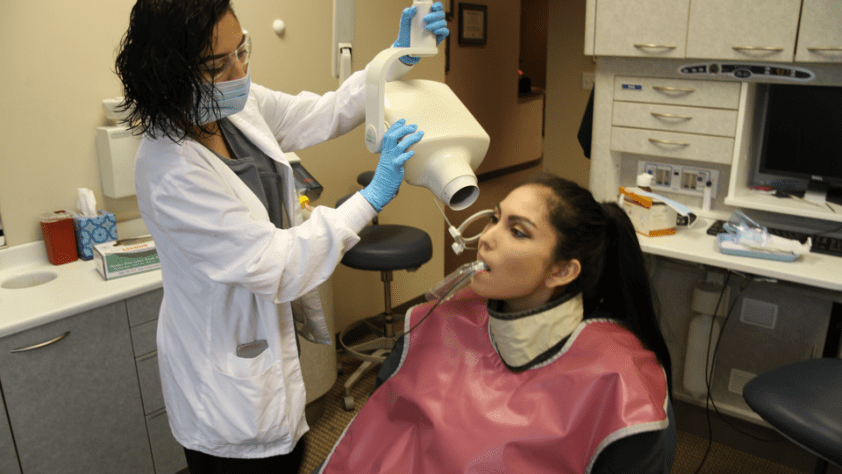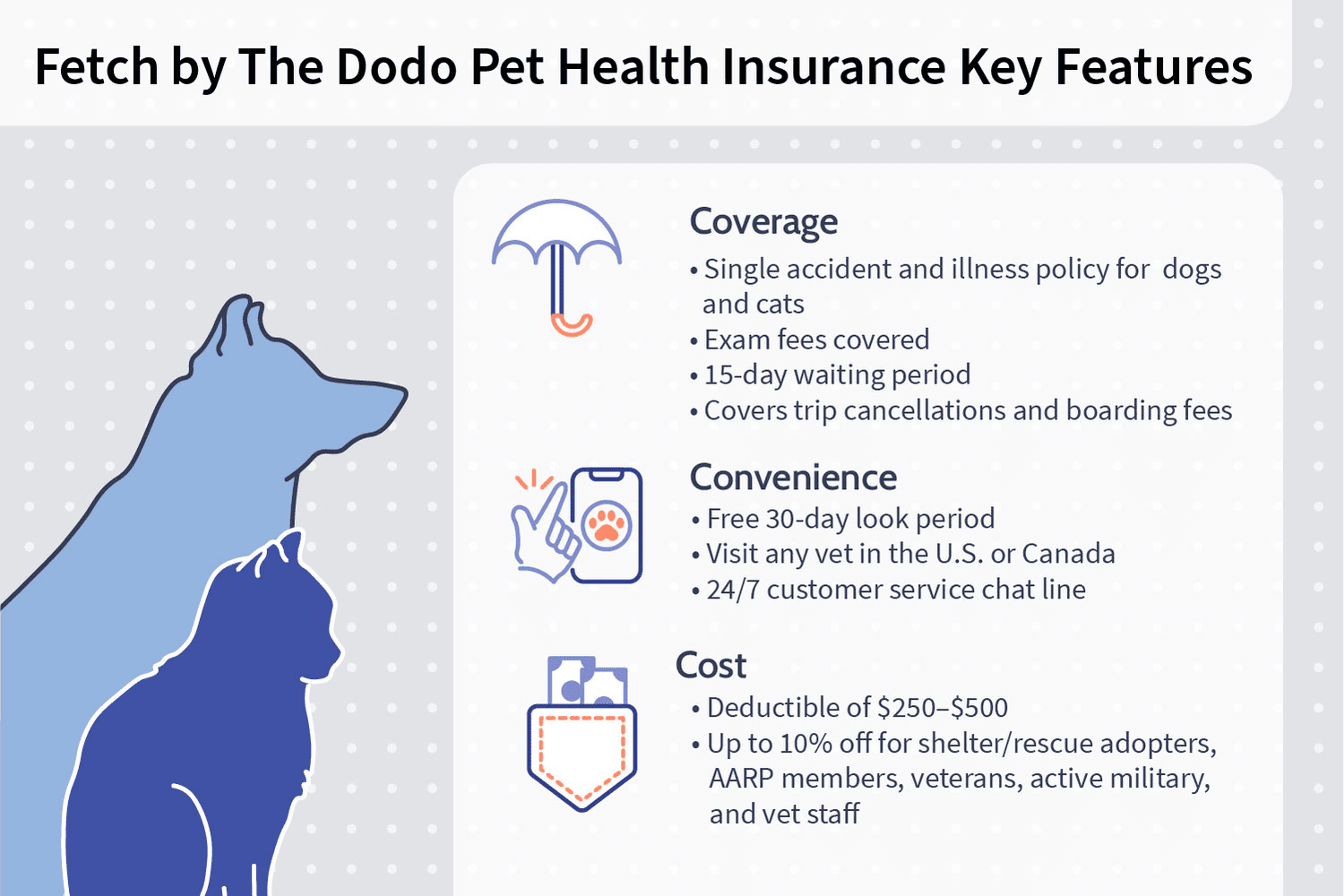
Exotic pet owner face many challenges. They deserve the best medical assistance. Vestal Veterinary Clinic & Emergency Clinic are skilled in the treatment of exotic pets. These special animals can also be taken care of by us through a variety of services.
Our veterinarians are ABVP (Avian Board of Veterinary Practitioners) certified and have the experience and knowledge to help your exotic pet thrive. Our doctors are experts across a range of areas including animal behavior, dermatology and surgery.
Our clinic has the latest diagnostic and surgical equipment. Additionally, we have extensive veterinary literature. Our staff is committed to providing the highest level of care for your pets.

We are available 24 hours a days for emergency veterinary care for your pet. We have an on-call veterinarian who will consult with you to determine the best action for your pet.
For emergency avian vets, we recommend that you call us to schedule a consultation. We will then refer you directly to the most qualified veterinarian in your community. We will assist you in determining if your exotic pet is in need of emergency veterinary treatment and offer guidance as to how to care for them at home until you can see them again.
We are available 24/7 to answer your questions. We aim to deliver exceptional customer care and make your experience with Us unforgettable.
All pets deserve the best treatment. We are committed to making sure your pet is happy and healthy. We will take the time to get know you and your pet, so that we can give them the best possible care.

We have a small hospital wing with specialized equipment that can accommodate exotic pet needs. This wing has a 24-hour monitoring system to ensure your pet receives the best possible care.
FAQ
What should I do if my pet dog bites someone?
If an animal attacks you, it is important to first make sure it isn't rabid. If that is not possible, get help. Do not attempt to solve the problem yourself. You may get seriously injured.
If the animal bites but isn't aggressive, take it to a veterinarian. Your vet will inspect the animal and recommend any further treatment.
Most cases will require rabies shots. You should never administer them yourself. Only a qualified person should administer these.
How often should I bathe my dog?
It is essential to groom your dog. It helps maintain his coat and keeps him clean.
Your dog needs to be brushed at least twice a week. After each meal, you should brush your dog.
You can remove dirt and hair from your dog's fur by brushing. Brushing his teeth will help him look healthier.
It is important to brush his ears in order to prevent ear infection.
What are my considerations before I get an exotic pet?
There are several things to consider before you buy an exotic pet. It is important to decide if the animal will be kept as a pet, or if it will be sold for profit. If you want to keep it as an animal pet, you need to ensure that there is enough space. You also need to know how much time you'll spend caring for the animal. It's not easy to care about an animal. But it's well worth it.
If you are looking to sell your animal, you will need to find someone willing to buy it. You must ensure that the person purchasing your animal knows all about taking care of them. You should not feed the animal too often. This could lead to other health issues later.
It is important to research everything about exotic pets before purchasing them. Many websites have information on many species of pets. Be cautious not to fall for scams.
What kind of food should my dog eat?
It is important to give your dog a healthy diet.
High-protein foods include chicken, beef and fish as well as eggs and dairy products.
Other foods high-carbohydrate include fruits, vegetables (including bread), cereals, pasta, potatoes, rice, and beans.
Foods that are low in fat include lean meats, poultry, fish, nuts, seeds, and whole grains.
Before giving your dog different types or foods, it is a good idea to check with your vet.
How much should I budget for my pet?
Budget between $200-$300 per calendar month.
This can vary depending on where one lives. You'd spend approximately $350 per calendar month in New York City.
But, in rural areas, you may only need to spend about $100 per month.
You need to make sure that your pet has quality toys and collars.
You should also think about investing in a crate for your pet. This will ensure your pet is safe while being transported.
Statistics
- In fact, according to ASPCA, first-year expenses can sum up to nearly $2,000. (petplay.com)
- It's among a relatively few companies that provide policies with a full (100%) coverage option, meaning you are not responsible for any co-payment of bills. (money.com)
- Monthly costs are for a one-year-old female mixed-breed dog and an under one-year-old male domestic shorthair cat, respectively, in excellent health residing in Texas, with a $500 annual deductible, $5,000 annual benefit limit, and 90% reimbursement rate. (usnews.com)
- A 5% affiliation discount may apply to individuals who belong to select military, law enforcement, and service animal training organizations that have a relationship with Nationwide. (usnews.com)
- Pet insurance helps pay for your pet's medical care, with many policies covering up to 90 percent of your vet bills. (money.com)
External Links
How To
How to train a pet cat
To properly train your cat, first you must understand his/her nature. Cats have complex brains. Cats are intelligent and highly emotional. You must consider your cat's personality if you want them to behave well. You should know how to treat your cat.
It is important that cats remain independent. They do not like being told "no". You may be angry if they tell you "no". This is why you should never hit your cat when he/she does something wrong. Your cat needs love and affection, but it does not mean you can treat him/her like a human being.
If your cat is having trouble, you can try to help them. Try to talk to him/her calmly and gently. Do not yell at him/her. Remember that yelling makes him/her feel bad. Your cat cannot be forced to eat. Sometimes, he/she will refuse to eat. You should offer treats to your child when this happens. You should not give them too many treats as it could lead to overeating.
Your cat should be kept clean at all times. You should wash your cat every day. Use a wet cloth to wipe off dirt and dust. Check to make sure your cat is free of fleas. Flea bites can lead to skin irritation and allergic reactions. Flea bites can be painful and should be treated with a shampoo.
Cats are social animals. Cats enjoy being with other people. This is why it's important to spend time with your cat. Play with your cat, play with him/her and give him/her a bath. These activities will make your cat happy.
You should begin training your cat as soon as possible. Begin training your kitten at two weeks of age. It is best to start training your cat at three months of age. By this age your cat is fully grown and ready for new adventures.
When you show your cat tricks you must explain every step. To teach your cat how to sit down, first show the chair. Then you will reward your cat with a treat and say "sit". Repeat these steps until your cat understands what you mean.
Remember that cats are intelligent. Cats are smart and can figure out how to do tasks. They still need patience and persistence. Your cat won't be able to do a task instantly. Give your cat lots of time to practice before giving in.
Keep in mind that cats come from the wild. They are naturally curious and playful. If your cat is free to roam, he/she could accidentally knock over things. To prevent accidents, place your cat in a secure area that won't cause injury to him/herself.